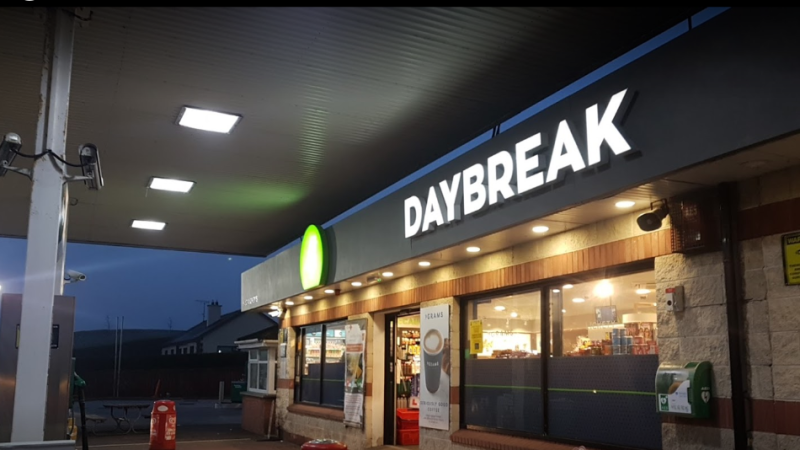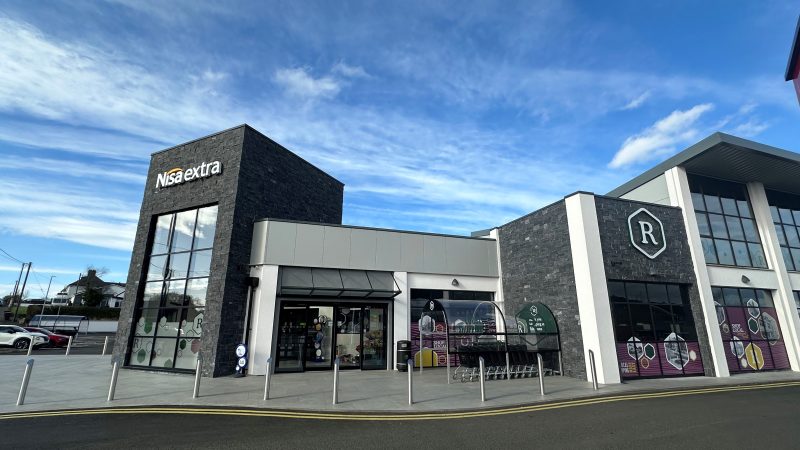Retail investment on track for 2018

According to the Bank of Ireland’s head of retail convenience this year will be a strong one for Ireland’s grocery and convenience retail sector
Figures suggest Ireland’s grocery and convenience retail sector is due a positive year ahead, according to the Bank of Ireland’s head of retail convenience, Owen Clifford.
“Investment generally has picked up over the past couple of months and we’ve seen a slight increase quarter one year on year,” he says. “In terms of the retail sector in the first quarter, owners and operators have been evaluating and planning their investment strategy as opposed to the implementation of same, which is fairly standard for that what we expect this time of year. But we’re confident for the year ahead based on the level of meeting and application activity in recent weeks.”
The bank’s Retail Convenience 2018 Outlook report predicts continued positive growth in the convenience sector, amidst a competitive grocery sector. The report points to a swath of positive revamp activity at Supervalu, Centra, Eurospar, Spar, Londis, Mace and Costcutter, and a sustained level of refinancing activity “projected to continue linked to exiting banks and loan purchasers seeking to deleverage.”
“A lot of retailers have refinanced their debt to a sustainable level,” says Clifford. “Now they’re reinvesting in their stores to future-proof and sustain their business.”
A number of reasons have led retailers to consider investment in their stores. “ While a new/the next generation of family owned retailers have entered stores across the country, aiming to expand and put their stamp on the business, it’s also well known among the industry that the Irish consumer is incredibly discerning, meaning retailers are aware that they must invest and improve their overall offering”, outlines Clifford.
And the sector has mainly fended off the doubts surrounding Brexit, which was expected to hit consumer confidence. “What we’re seeing is the Brexit impact hasn’t been significant to date but it is an area that all stakeholders in the sector will need to continue to monitor closely” says Clifford.
Local shops and smaller retailers did well during the recent adverse weather conditions but there were some casualties. “There were some problems to the extent that a lot of staff were unable to make it into work and stores were required to close for health and safety reasons,” says Clifford. “Many high street retailers suffered because people just weren’t going into the towns and cities. It will take a significant amount of time for many of them to recover the lost sales driven by these adverse trading conditions.”
Clifford says there are some headwinds in the sector, however. Question marks exist over the long term status of the minimum vs the living wage– the European Union’s sugar tax and the General Data Protection Regulation (GDPR), due to be enforced from April 6 and May 25, respectively, as well as the rates review that could be raised any time, and these areas and their unknown impact will continue to present cost concerns for retailers.
The bank’s report however underlines top line retail sales growth that is being buoyed by improved consumer spending power and sentiment.
Retailers have reacted positively, says Clifford, and the industry is on the front foot. “The level of investment we’re seeing is facilitating consumers to buy a wider range of products, and there are real margin drivers in food to go and the healthy food market where the revamp and offering are implemented correctly. With progressive retailers utilising their investment to secure profitable sales and aligning same in improving their efficiencies, I’m confident we’re going to see a positive year for grocery and convenience retailers in Ireland.”








